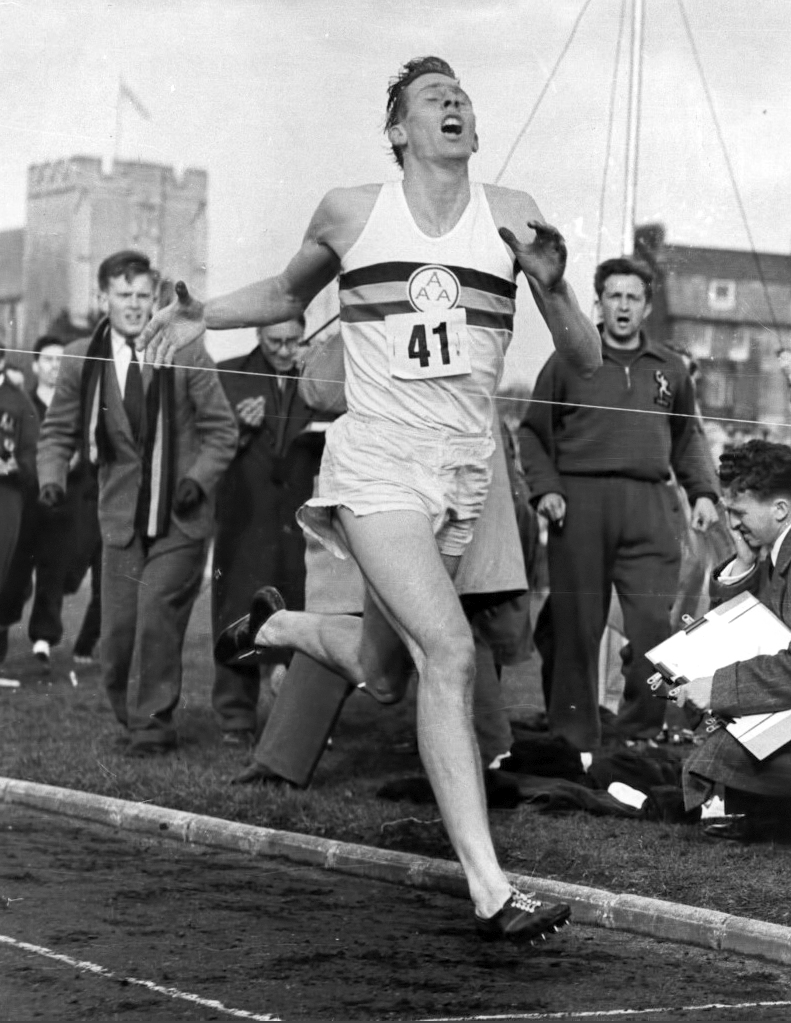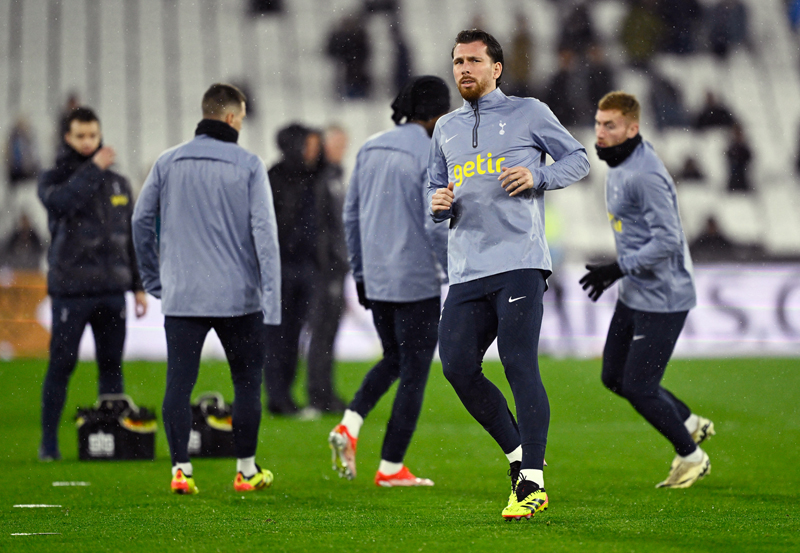You are viewing 1 of your 1 free articles. For unlimited access take a risk-free trial
Sh*t happens guv!

It’s strange how so many people seem to regard physical and mental functions of the human body as completely separate entities. Strange, because the brain is hardwired into every part of the body, and we have masses of evidence showing that much of what we experience and how we function physically is powerfully regulated by the brain.
A good example of this is the sensation of muscular fatigue; once upon a time, scientists used to believe that fatigue during exercise was something you experienced because of something physical changing in the muscles – running out of fuel or an accumulation of lactate for example. However, as PP has reported, more recent research by sports scientist and running guru Professor Tim Noakes shows that it’s actually the brain that plays a large role in determining how tired your muscles feel (the so-called ‘central governor’ theory). Indeed, witness how some kinds of music or using certain mental strategies to ‘trick’ the brain can lower perceived exertion during exercise!
When life goes go pear shaped
If music, mood and even using little psychological tricks can reduce the perception of fatigue and boost performance, an obvious question is does it work the other way. In other (blunt) words, when life takes a turn for the worse and the sh*t hits the fan, can it affect your exercise performance? Well, a study by Dutch scientists* suggests it can.
The researchers took competitive runners and monitored them weekly over a full training season for:
• Levels of perceived stress
• How quickly they recovered from training
• Running economy – a measure of how efficiently muscles use fuel to produce the contractions needed during running
When any of the runners experienced a ‘negative life event’ – eg relationship breakup, bereavement, job loss etc – their levels of perceived stress, recovery and running economy over the following two weeks were compared with the average during the three weeks prior to the event.
As you might expect, a traumatic event left the runners feeling more stressed and less able to recover after training for up to two weeks afterwards. More surprisingly perhaps was that when runners experienced such an event, their levels of running economy were reduced for up to three weeks afterwards. In other words, the mental stress of a traumatic life event resulted in a physical change (less efficient muscular contraction), showing once again that the brain really is the governor in control!
Of course, you can’t stop life from happening so are there any strategies you can use to help your ‘governor’ out? Recent sports psychology research reported in PP says yes, most definitely. For example, Professor Andy Lane has recently looked at how you can develop that all important mental toughness – also, techniques to help manage anxiety. Meanwhile, Dr Adam Nicholls and Dr Costas Karageorghis have both written about the use of mental imagery – proven to help de-stress and boost performance. And this is a topic that we’ll be no doubt returning to again in Sports Performance Bulletin, because let’s face it – in life, sh*t happens sometimes!
Andrew Hamilton BSc Hons MRSC ACSM (Sports Performance Bulletin editor)
* Int J Sports Med. 2016 Mar;37(3):224-9
Other articles on mind and performance you might be interested in:
Newsletter Sign Up
Testimonials
Dr. Alexandra Fandetti-Robin, Back & Body Chiropractic
Elspeth Cowell MSCh DpodM SRCh HCPC reg
William Hunter, Nuffield Health
Newsletter Sign Up
Coaches Testimonials
Dr. Alexandra Fandetti-Robin, Back & Body Chiropractic
Elspeth Cowell MSCh DpodM SRCh HCPC reg
William Hunter, Nuffield Health
Keep up with latest sports science research and apply it to maximize performance
Today you have the chance to join a group of athletes, and sports coaches/trainers who all have something special in common...
They use the latest research to improve performance for themselves and their clients - both athletes and sports teams - with help from global specialists in the fields of sports science, sports medicine and sports psychology.
They do this by reading Sports Performance Bulletin, an easy-to-digest but serious-minded journal dedicated to high performance sports. SPB offers a wealth of information and insight into the latest research, in an easily-accessible and understood format, along with a wealth of practical recommendations.
*includes 3 coaching manuals
Get Inspired
All the latest techniques and approaches
Sports Performance Bulletin helps dedicated endurance athletes improve their performance. Sense-checking the latest sports science research, and sourcing evidence and case studies to support findings, Sports Performance Bulletin turns proven insights into easily digestible practical advice. Supporting athletes, coaches and professionals who wish to ensure their guidance and programmes are kept right up to date and based on credible science.










